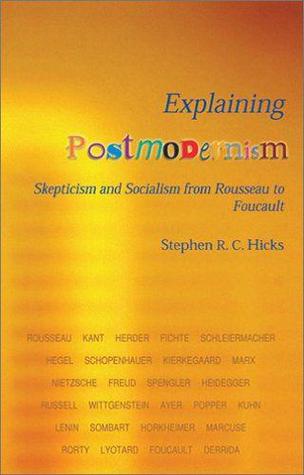The consequence of this, morally, is that the individual is of less significance than the state. The individual’s empirical, day-to-day interests are of a lower moral order than the state’s universal, world-historical interests. The state has as its final end the self-realization of the Absolute, and “this final end has supreme right against the individual, whose supreme duty is to be a member of the state.”[210] Duty, as we have learned from Kant and Fichte, always trumps personal interests and inclinations.
Welcome back. Just a moment while we sign you in to your Goodreads account.


